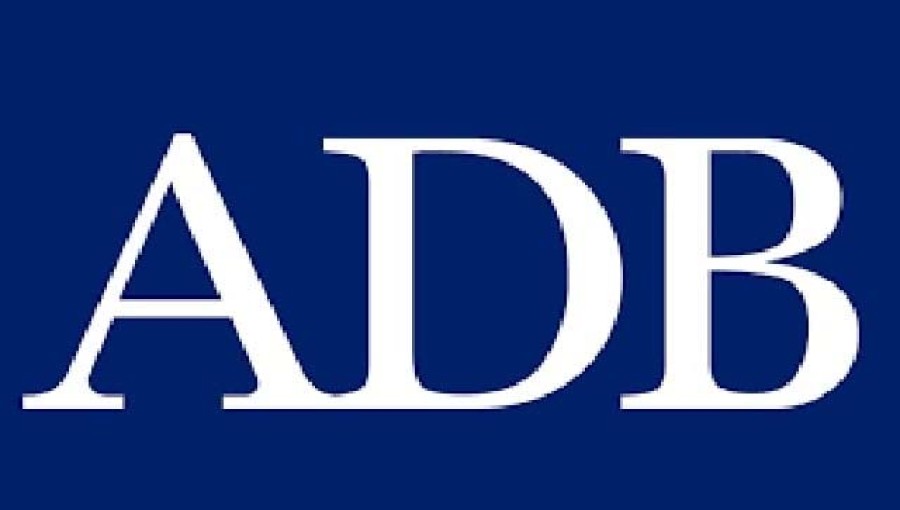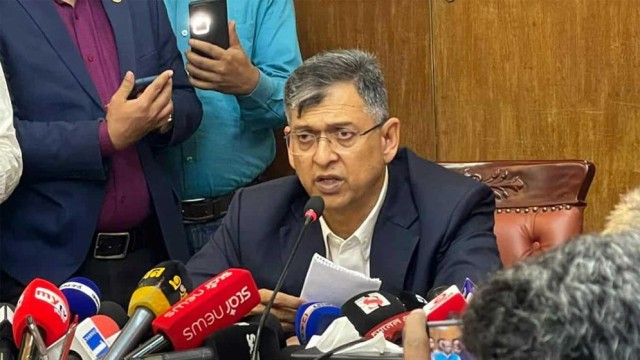The Asian Development Bank (ADB) has greenlit a $71 million loan to bolster flood control, irrigation, and water management in rural areas of Gopalganj and Madaripur districts in Bangladesh, aiming to fortify their resilience against climate change impacts.
"The additional support from ADB will not only spur economic growth and productivity but also uplift incomes and sustainable livelihoods, particularly benefiting women and vulnerable groups, ultimately curbing poverty in the southwest rural regions of Bangladesh," remarked ADB Senior Project Management Specialist Pushkar Srivastav, as quoted in an official statement.
This financial assistance initiative is anticipated to positively impact over 600,000 individuals and introduce climate-resilient flood control, drainage, and irrigation measures, alongside mitigating saline intrusion, the statement noted.
Employing nature-based solutions, the project aims to bolster flood control, drainage, and irrigation infrastructure across four subbasins, enhancing integrated water management plans, establishing training centers for water management organizations, and developing community infrastructure.
Furthermore, the project endeavors to sustain the achievements of the ADB-funded Southwest Area Integrated Water Resources Planning and Management Project, which has significantly enhanced agricultural production, upgraded community infrastructure, and augmented incomes for rural households.
With Bangladesh ranked seventh in terms of vulnerability to climate risk according to the Global Climate Risk Index, the country faces escalating frequency and intensity of extreme weather and slow-onset climate events, posing substantial threats to rural communities, particularly women reliant on climate-sensitive agricultural practices and natural resources.
To promote inclusive and sustainable water resource management, the ADB initiative will bolster the capacity of water management groups, facilitate the formation of water management organizations targeting women's participation, and enhance the Bangladesh Water Development Board's coordination with relevant government agencies, integrating climate adaptation in its operations.
The ADB's commitment to fostering prosperity, inclusivity, resilience, and sustainability in the Asia-Pacific region, while persisting in efforts to alleviate extreme poverty, underscores its vision since its establishment in 1966, with ownership spread across 68 members, including 49 regional stakeholders.


























Comment: